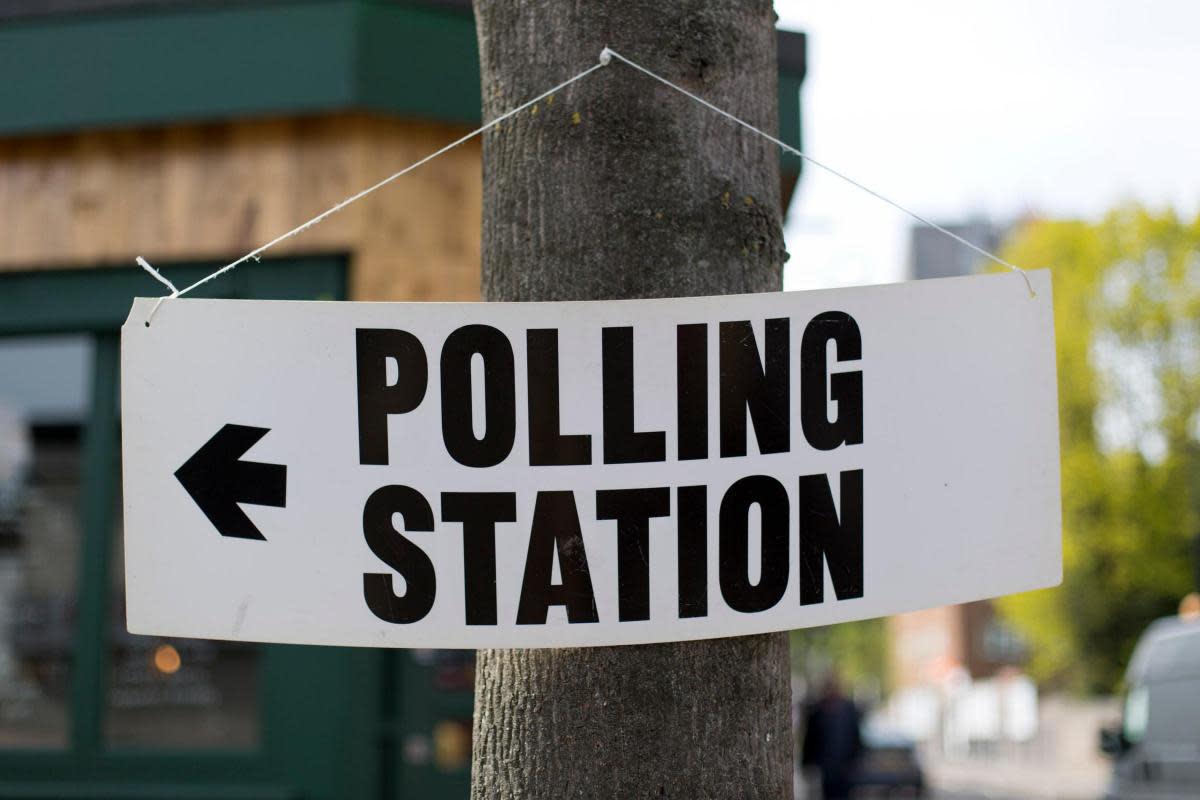General Election 2024: A guide for Brighton voters

The gruelling six week election campaign is almost at its end, so here’s a guide on all you need to know before you head to the polls.
The General Election is taking place tomorrow, July 4, when voters can have their say on who they would like to represent them in Parliament.
The Argus has previously reported on all the candidates you can vote for in Brighton and Hove and you can find further information below on when polls open and close, what you need to vote, where you need to go and more.
How long do I have to cast my vote?
Polls open at 7am on Thursday, July 4, and close at 10pm.
Where do I need to go?
Those registered to vote should have been sent their polling card which states where your designated polling station is.
You can only cast your vote at your specified station.
If in doubt, here’s a map of the polling stations in Brighton, Kemp Town, Hove and Peacehaven:
Do I need to bring anything with me to vote?
The only thing you need to remember to bring is voter ID.
Without this, your vote will be refused. A picture or copy of ID will not be accepted.
The name on the ID must also match your name on the electoral register. If not, you must bring a document with you that proves you have changed your name such as a marriage certificate.
Acceptable forms of ID include:
A UK or Northern Ireland photocard driving licence (full or provisional)
a driving licence issued by an EU country, Norway, Iceland, Liechtenstein, the Isle of Man or any of the Channel Islands
A UK passport
A passport issued by an EU country, Norway, Iceland, Liechtenstein or a Commonwealth country
A PASS card (National Proof of Age Standards Scheme)
A Blue Badge
A biometric residence permit (BRP)
A Defence Identity Card (MOD form 90)
A national identity card issued by the EU, Norway, Iceland or Liechtenstein
A Northern Ireland Electoral Identity Card
A Voter Authority Certificate
An Anonymous Elector’s Document
An older person’s bus pass A disabled person’s bus pass
An Oyster 60+ card
A Freedom Pass
A Scottish National Entitlement Card (NEC)
A 60 and Over Welsh Concessionary Travel Card
A Disabled Person’s Welsh Concessionary Travel Card
A Northern Ireland concessionary travel pass
Who can vote?
To vote in the general election, you must be registered to vote, be 18 or over on the day of the election, be a British, Irish or qualifying Commonwealth citizen, be a resident at an address in the UK or living abroad and registered as an overseas voter and not be legally excluded from voting.
How does my vote decide who becomes my Member of Parliament and Prime Minister?
The UK General Election uses the 'first past the post' system, meaning you can vote once for a parliamentary candidate in your area.
Votes are then counted and the candidate with the most votes becomes your Member of Parliament and takes a seat in the House of Commons.
The party with the overall majority of seats, meaning more than 326, will win the election.
The King will then ask the leader of the majority party to form a government and they will be appointed as Prime Minister.
When will I know the results?
Ballots will be counted overnight into Friday, July 5.
All results are expected to be in by 6.30am on Friday, with Brighton Kemptown and Peacehaven expected at 3.45am, Brighton Pavilion at 4.30am and Hove and Portslade at 4.45am.

 Yahoo News
Yahoo News 
